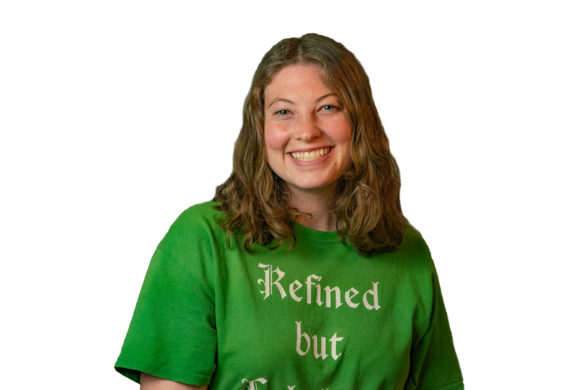We’ve been living in a golden age. The last 250 years have been rich with advancement, innovation and technology. This situation may seem normal for all of us, but some scientists and historians are starting to get paranoid. We are due for a slump.
While I don’t think our entire world will fall into a slump at the same time, creativity and productivity do seem to ebb and flow with a great deal of synchrony.
Here at Harding, in a post-Homecoming, (almost) post-Club Week stupor, we are probably all about due for a slump too. It will hit hard and simultaneously for a majority of the campus.
But don’t fret. Slumps are a key part of the innovative process. The creative process is unpredictable. One minute you’ll be giddy and full of strong ideas; the next you’ll be ready to smash your laptop on the cement and call it quits.
Before you get too discouraged, try out these tips for getting back on your feet.
Step away. Once you hit a lull, continuing to work begins to be nothing more than a source of frustration. At this point, it would be more productive to stop working for a little while. I recommend going on a walk. A recent Fast Company article examined the daily schedules of several of the world’s most famous innovators. Every schedule included a long, solitary walk as a time to process ideas and calm down.
Switch environments. Oftentimes, just being in a new room or office space is enough of a change to re-invigorate you. If not, try working in a coffee shop. Ravi Mehta published a study in the Journal of Consumer Research which said moderate noise helps with creative tasks. The optimal level of noise is comparable to that of a coffee shop.
Sleep. A study published in Nature Neuroscience suggests that your brain reworks and reconsolidates ideas and experiences as you sleep. Taking time to let your brain mull things over subconsciously (and giving your conscious brain a rest) is often enough to get ideas clicking again.
Talk it over. Explain your predicament to a friend or mentor. Hearing everything out loud and being forced to put things in words often helps make sense of a tough or confusing scenario. Additionally, the person you are talking with may be able to offer ideas or solutions. If nothing else, you can rant a little bit and get things off your chest.
Don’t force it. Once you try to get back into your project, don’t restrict yourself too much. Creative projects are supposed to be spontaneous and passionate, not scheduled and methodical. You’ll be much calmer and much more productive if you just let the project go where it may.
The best piece of advice I can give, both to creative individuals and to the creative world as a whole, is to stay curious. As long as you keep asking questions, keep exploring and keep growing, the slumps will depart just as quickly as they arrived.


